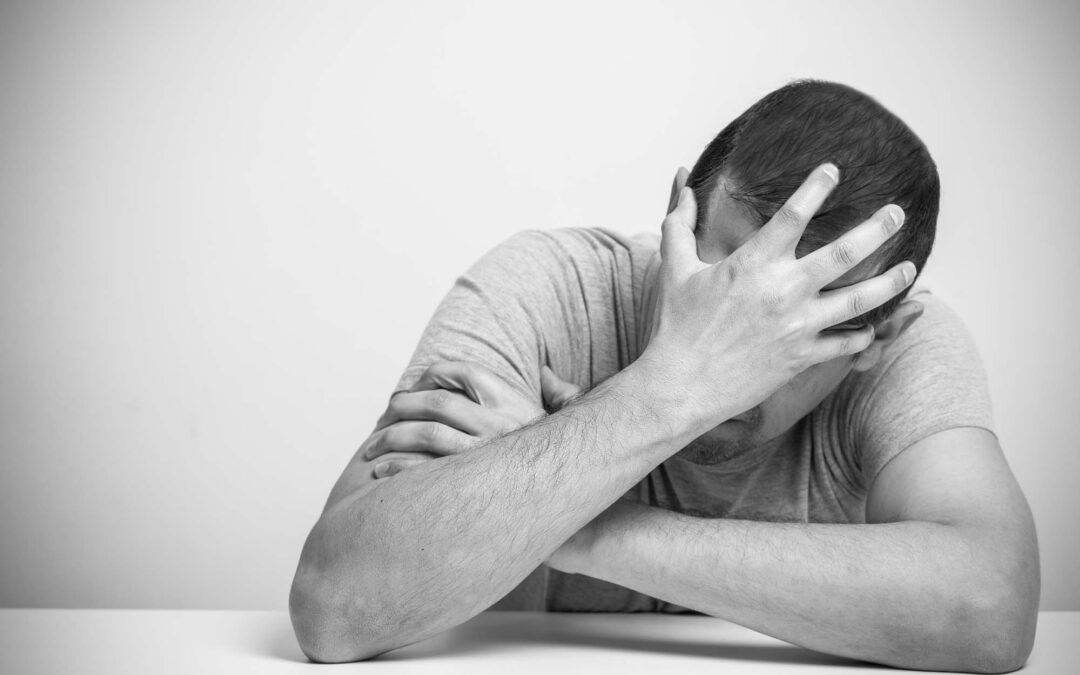MDMA—commonly known as Molly or Ecstasy—has gained popularity for its euphoric, energetic, and empathetic effects. Often associated with music festivals and club scenes, MDMA may appear relatively harmless to some users. However, beneath the surface of its stimulating highs lie serious risks, especially when use becomes regular or compulsive.
In our recent post, we explored the physiological and psychological dangers associated with MDMA. This follow-up aims to dig deeper into the potential for addiction, the signs of problematic use, and the treatment options available for those ready to take back control of their lives.
Can You Get Addicted to MDMA?
While Molly may not produce the same type of physical dependence as opioids or alcohol, psychological addiction is a real risk. The National Institute on Drug Abuse (NIDA) explains that regular ecstasy use can lead to compulsive behaviors, emotional withdrawal, and the inability to feel pleasure without the drug. Users may crave the intense emotional connection and sensory stimulation that molly provides, causing them to chase the high repeatedly.
As tolerance builds, users often increase their dosage or combine MDMA with other substances like LSD, alcohol, or cocaine—further amplifying health risks and the potential for addiction.
Signs of MDMA Dependence
Recognizing the signs of MDMA addiction can be difficult, especially because users often downplay the seriousness of their use. Here are some red flags to watch for:
1. Cravings and Obsession
Frequent thoughts about using MDMA, planning life around upcoming events where the drug will be available, or feeling disappointed when it’s not present are early warning signs.
2. Escalating Use
Taking higher doses or using MDMA more often to achieve the same effects points to growing tolerance—a hallmark of substance dependence.
3. Withdrawal Symptoms
According to Healthline, people who stop using MDMA after frequent use may experience:
- Fatigue
- Depression
- Anxiety
- Difficulty concentrating
- Irritability
These symptoms suggest the brain is struggling to rebalance itself after being flooded with serotonin during MDMA use.
4. Neglecting Responsibilities
MDMA users may begin skipping work, neglecting school, or distancing themselves from family and friends in favor of using or recovering from drug use.
5. Using Despite Negative Consequences
Continuing to use despite knowing it’s causing mental health struggles, relationship issues, or financial stress is a key indicator of addiction.
Long-Term Effects of MDMA Use
The long-term effects of MDMA are concerning and well-documented. Chronic use can result in serious neurological and psychological damage.
Neurotoxicity
Ecstasy depletes the brain’s serotonin—a neurotransmitter vital for mood regulation, sleep, and emotional balance. Over time, this depletion may lead to depression, memory loss, and cognitive dysfunction. Some studies suggest that MDMA-related serotonin damage may be long-lasting or even permanent in heavy users (Harvard Health).
Sleep Disruption
Because of its stimulant properties, MDMA can lead to insomnia or irregular sleep cycles, further exacerbating mood disorders and fatigue.
Mental Health Complications
Anxiety, paranoia, and suicidal ideation have been linked to long-term Molly abuse, particularly in users with pre-existing mental health conditions.
The Treatment Landscape for MDMA Addiction
While withdrawal may not be as physically intense as withdrawal from opioids or alcohol, its emotional and psychological impact should not be underestimated. The good news? Treatment works—and recovery is possible.
At West LA Recovery, we offer customized addiction treatment for individuals struggling with MDMA and other substance use disorders. Here’s how comprehensive care can support a lasting recovery.
1. Comprehensive Assessment
Effective treatment begins with a thorough evaluation to understand the individual’s substance use patterns, co-occurring mental health conditions, and personal goals.
2. Detox and Stabilization
Although most people don’t require medical detox for MDMA, supportive care during withdrawal can ease symptoms like anxiety, depression, and sleep disturbances. Clients benefit from a structured environment that promotes rest and emotional safety.
3. Individual and Group Therapy
Cognitive Behavioral Therapy (CBT) and Dialectical Behavior Therapy (DBT) are evidence-based methods used to help clients identify triggers, manage cravings, and build healthier coping skills. Group therapy offers community and connection, which are critical to overcoming the isolation addiction often causes.
4. Dual Diagnosis Treatment
Many people who misuse MDMA also struggle with depression, PTSD, or anxiety. Dual diagnosis programs treat both substance use and mental health conditions simultaneously, which can significantly improve long-term outcomes.
5. Aftercare and Relapse Prevention
Relapse prevention planning is a critical part of the recovery process. Ongoing support through outpatient therapy, sober living, and peer recovery groups helps individuals stay accountable and grounded after treatment.
Why People Turn to MDMA—and How to Heal
Understanding the emotional draw of MDMA can help illuminate the recovery path. Many users are seeking:
- Connection
- Escape from trauma
- Relief from depression or loneliness
- A sense of purpose or belonging
Healing from MDMA addiction means addressing these underlying emotional needs without relying on substances. Recovery is not just about stopping drug use—it’s about rebuilding a life that feels worth living.
At West LA Recovery, our compassionate team of clinicians, therapists, and recovery specialists work with clients to rediscover that sense of meaning. With individualized care and holistic support, we help people heal from the inside out.
Preventing MDMA Relapse
Staying sober after MDMA addiction requires ongoing care and commitment. Some strategies include:
- Staying away from environments where drug use is common, such as festivals or nightclubs
- Creating a support network of sober friends or sponsors
- Practicing mindfulness and emotional regulation
- Continuing therapy or attending peer support groups like SMART Recovery or Narcotics Anonymous
- Developing new hobbies and goals that promote self-esteem and connection
There’s no single path to recovery, but every step forward is a powerful choice to reclaim your life.
When to Seek Help
If you or someone you care about is caught in a cycle of MDMA use, it’s never too early—or too late—to seek help. You don’t need to wait for a “rock bottom” moment. Early intervention can prevent further psychological harm and offer a smoother path toward healing.
Whether the problem is occasional binge use or daily dependence, compassionate, evidence-based treatment makes all the difference.
Learn more about our personalized substance abuse treatment programs at West LA Recovery. We’re here to help you or your loved one take the next step—free from shame, and full of hope.
Recovery isn’t about perfection—it’s about progress, support, and rediscovering who you are without substances. And you don’t have to walk this road alone.







